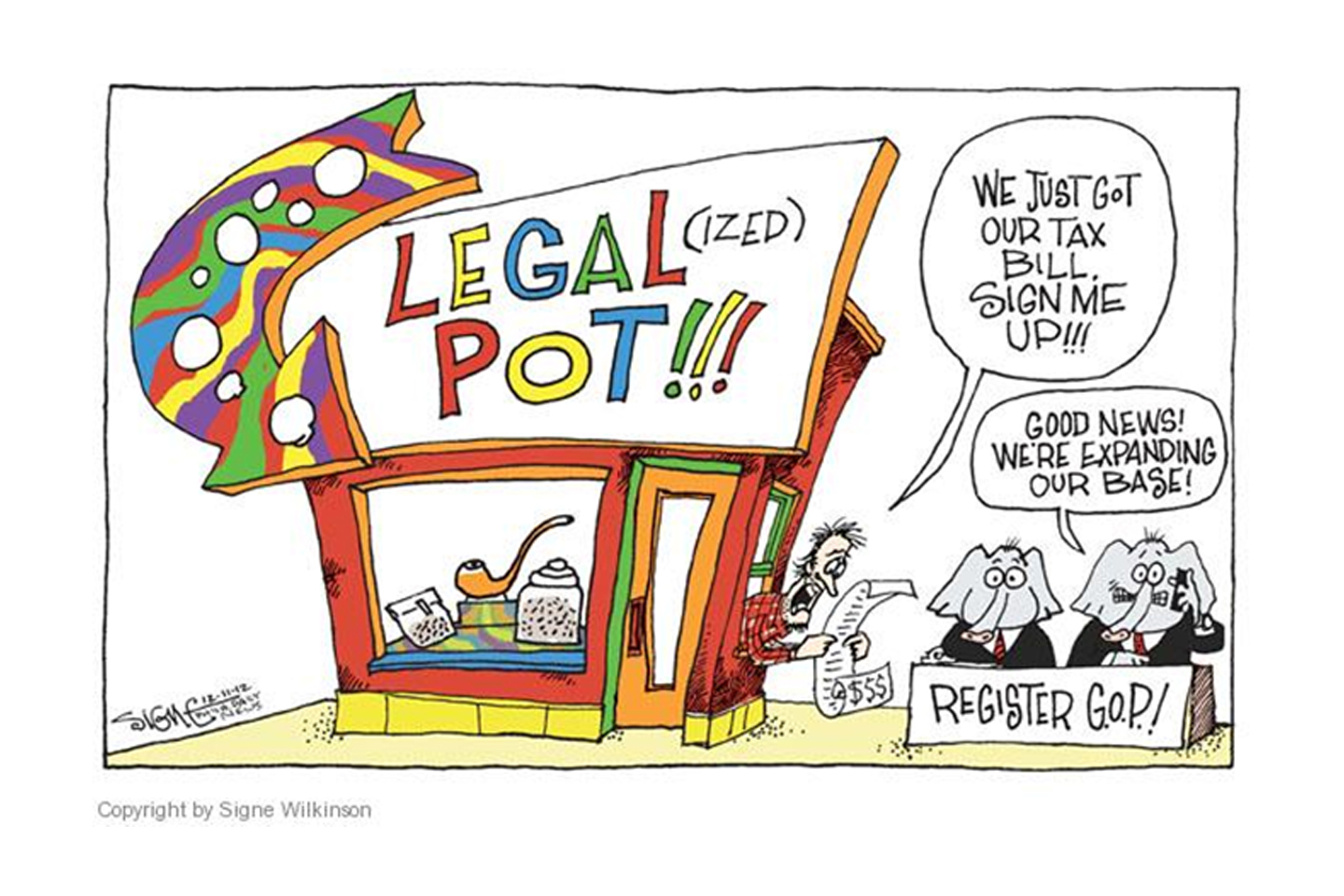Allowing access not addiction
Thailand picked a different path of legal change and decriminalized marijuana just as the COVID-19 pandemic began to recede. It is the first to do so in Southeast Asia – despite the continent’s strong anti-drug reputation. This showed that the region is evolving (even liberalising). And though it is still illegal to smoke marijuana irresponsibly, its legal manufacture is encouraged to boost the economy. The nation has a climate suitable to grow cannabis, and its medical tourism sector is well-established – so it capitalised an un-taped market.
The Canadian government had done the same in 2018 to reduce the crime associated with Marijuana. They felt that open access would reduce black-markets, unnecessary excitement from possessing weed, and give people access to medical marijuana. Now were countries like Canada, Georgia, Thailand, and South Africa successful is their legalisation of Marijuana? Should other countries like India follow them?
The change of law reinforces the idea that cannabis consumers are intelligent and capable of making wise decisions. With clear thinking, most users can avoid developing cannabis-related problems. In its illegal market, most suppliers and sellers are directly associated with organised crime and gang – young people often buy drugs through social networks rather than from established distributors who lay out the implication of its ingestion.
Irrespective of its legalisation, Marijuana markets exist. The real question is whether legalising it truly cleans up those markets and whether countries like India have the infrastructure to support it?

